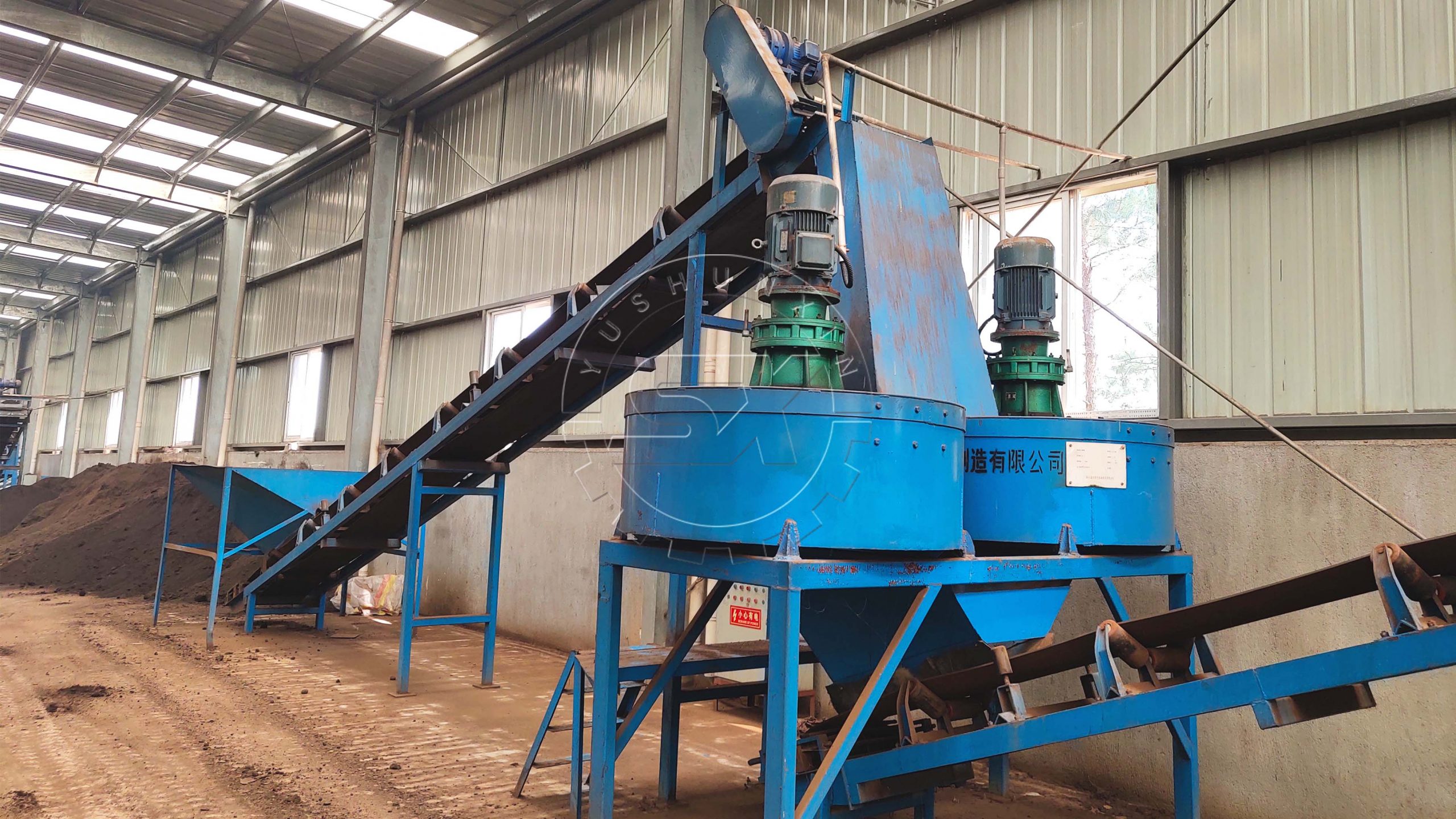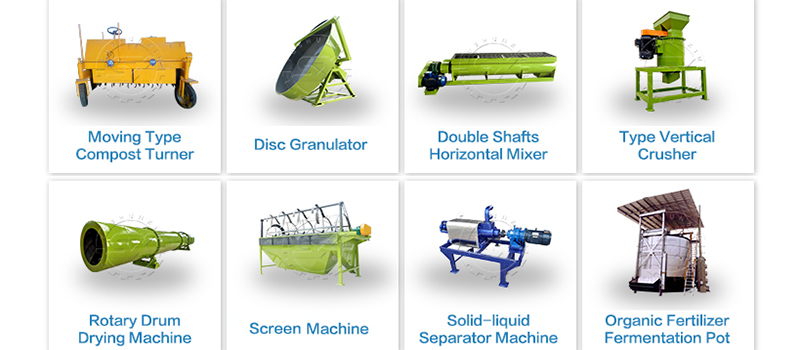Are you planning to enter the fertilizer production industry? If yes, an organic fertilizer line is an incredible investment. It mainly processes animal mature or organic waste into organic fertilizer.
The entire production line includes the following:
- Packing scale
- Coating machine
- Fertilizer cyclone dust collector
- Fertilizer drying and cooling machine
- Screening machine
- Granulator
- Fertilizer mixer
- Fertilizer crusher
- Fertilizer compost turner
Furthermore, there are various organic fertilizer production line flow: organic powder fertilizer production line and granular organic making line. They help high-quality organic fertilizer with the use of a fertilizer production line.

Materials Used to Make Organic Fertilizer
Also called farm fertilizer, organic fertilizer is generally excellent for improving ecological agriculture development. You can find different kinds of organic with different sources and effects. Generally, organic materials are divided into several types, such as:
- Agriculture waste, like cotton meal, soybean meal, straw, etc.
- Poultry and livestock feces, like rabbit, horse, sheep, cattle, and chicken manure
- Industrial waste, like furfural, sugar, cassava, vinegar, and wine lees
- Urban sludge, like sewage sludge, river silt, etc.

Granules produced by SX granulating equipment
Different Types of Organic Fertilizer Production Lines
In most cases, you can find two organic fertilizer production lines in terms of shape, including:
Powder Organic Fertilizer Production Line
The organic manure powder process is the simplest organic fertilizer system, involving manufacturing organic waste into fine powder fertilizer. The entire production line includes a bagging machine, screening machine, fertilizer mixer and crusher, and fertilizer turning machine.

Powder Fertilizer Production Line
Granular Organic Fertilizer Production Line
The granular organic fertilizer production process is more complicated compared to organic fertilizer flow. But pellet fertilizer is getting more popular worldwide. Besides ease of use because of its heavy weight, it allows adding organic elements in the fertilizer for improved effectiveness.
During the granular process, three steps are necessary:
- Organic compost preparation for agriculture. This pre-treating process requires an organic fertilizer compost turner for making organic fertilizer compost.
- Pelletized organic fertilizer process. It requires an organic fertilizer granulator, fertilizer during the machine, and a fertilizer cooling machine.
- Post processing. It requires fertilizer bagging equipment, an organic fertilizer polishing machine, and a fertilizer screening machine.

Factors Affecting the Organic Fertilizer Production Line Price
If you want to determine the cost of the organic fertilizer production line, you need to consider the following factors:
Capacity
Generally, if the organic fertilizer production line offers higher output, you can expect a higher price. Conversely, if there is smaller output, the production line comes with a lower price.
Equipment Number
If you are looking for an organic fertilizer production line that comes with more equipment, you have to pay a higher price. But if it has less equipment, expect a lower price. If you plan to make granular organic fertilizer at low costs, opt for organic fertilizer granulators and compost machines only.
Configuration
Do you have enough budget? Then, you can buy stirring teeth pelletizer and vertical fermentation pot. They help make organic fertilizer faster. But if you are on a limited budget, go for a disc granulator and groove-type composter.
When starting organic fertilizer making, the production line’s price is one of the things you need to pay attention to. This is because it can largely impact your equipment buying equipment. You can go to our website to get a whole small organic fertilizer production line at the best price. https://organicfertilizerproductionline.com/


